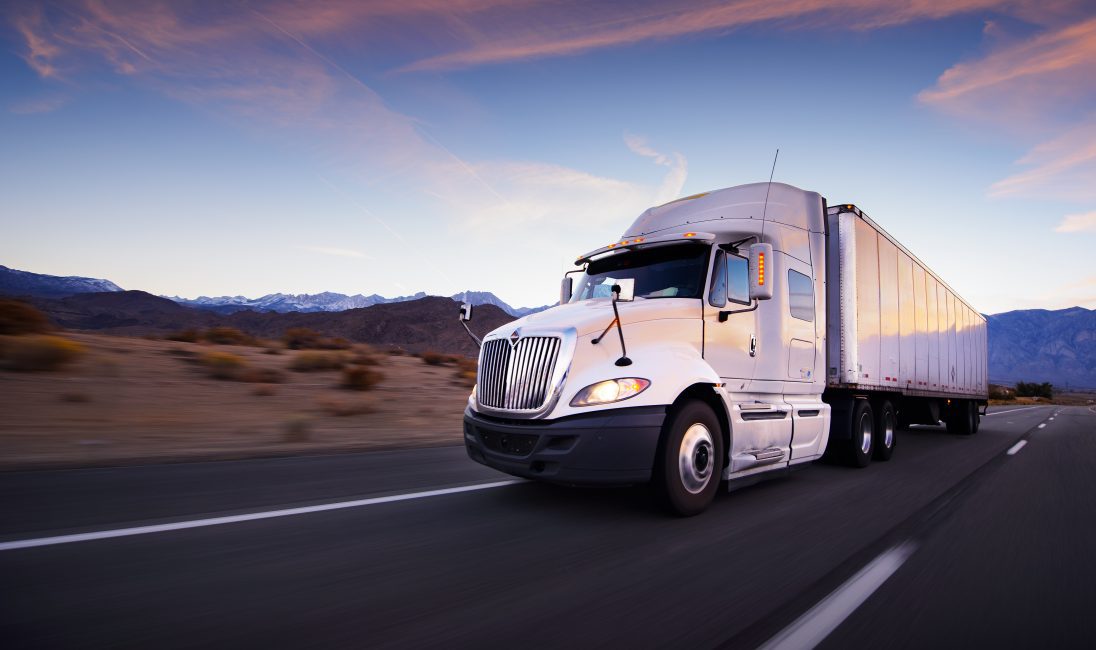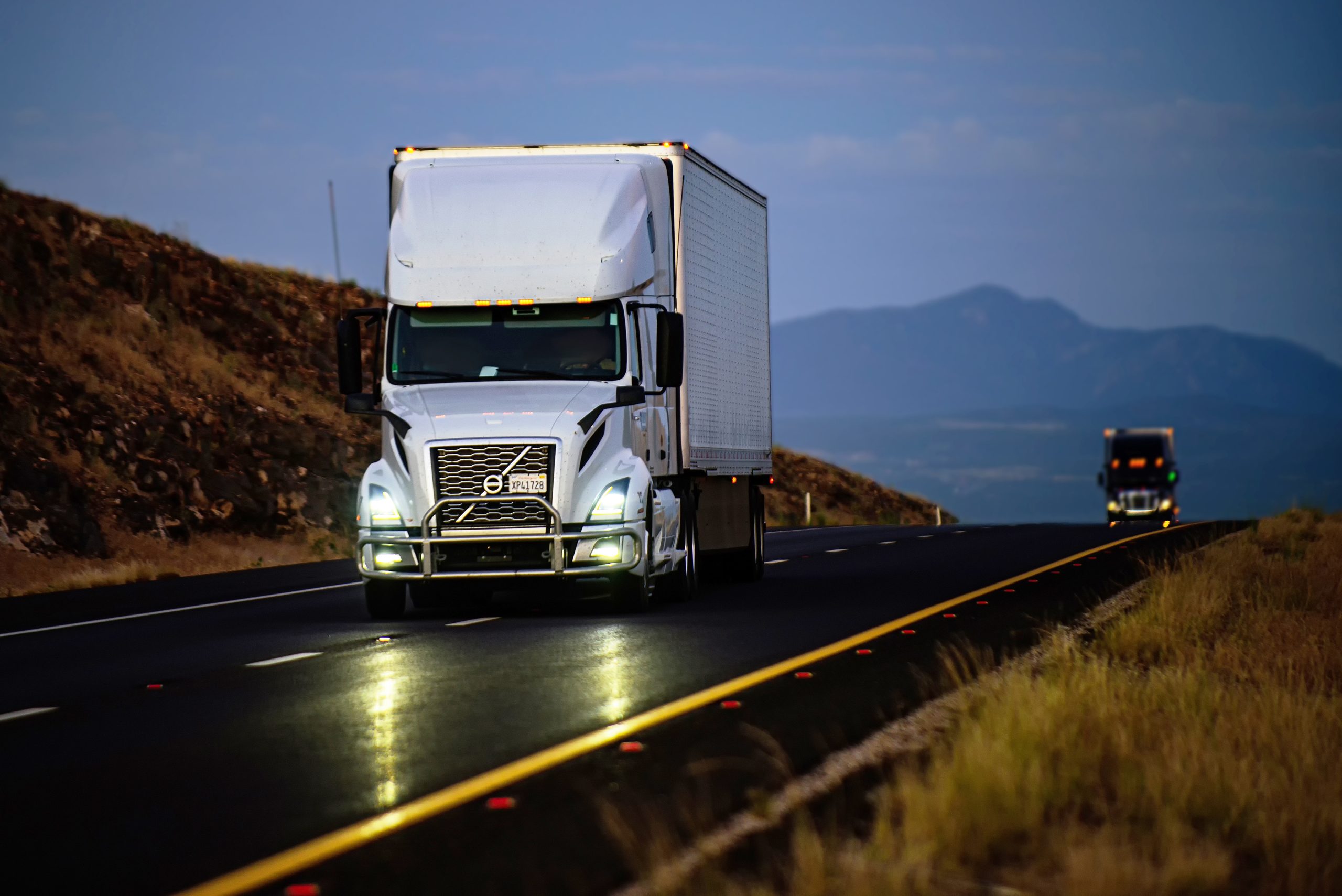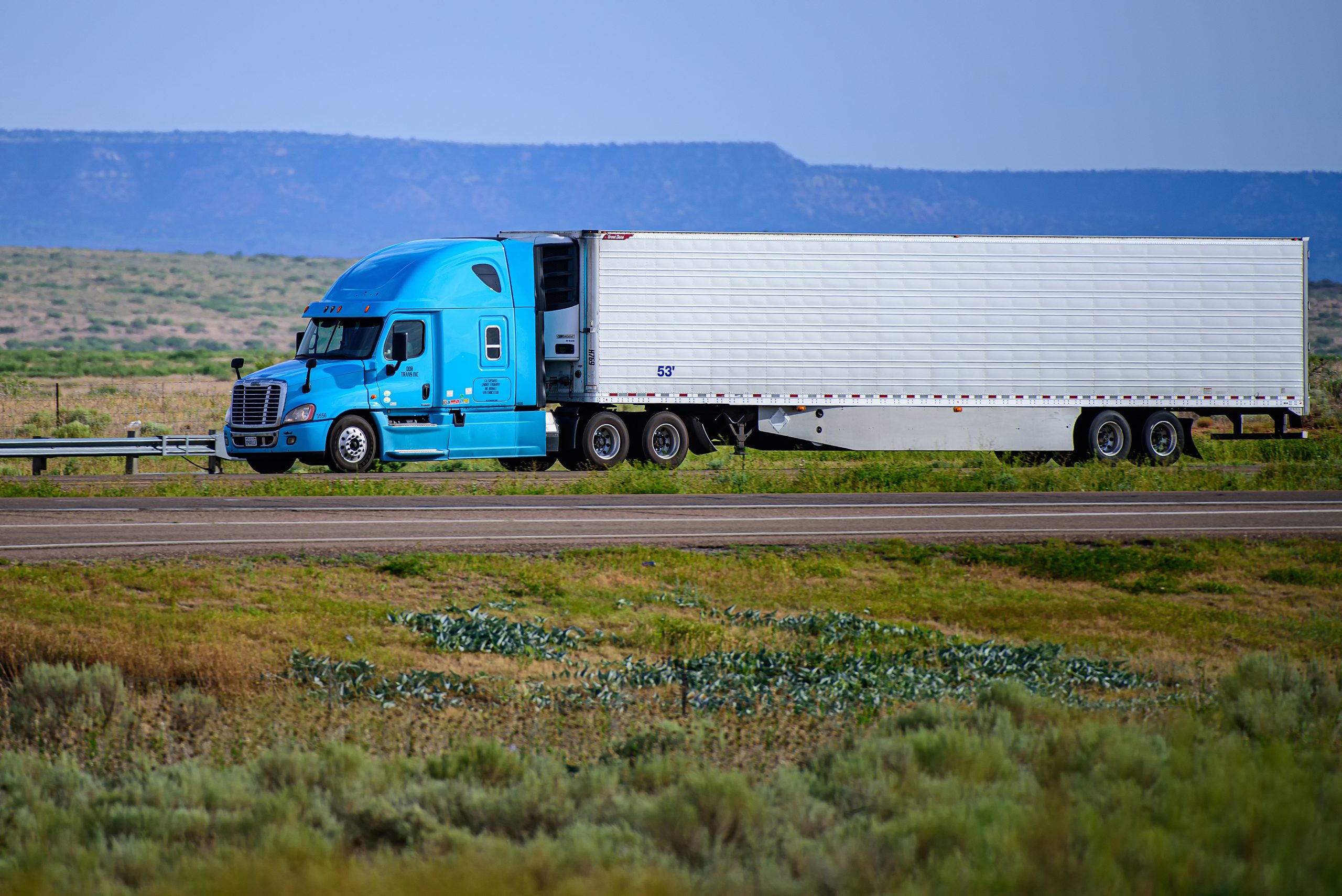What Types of Transportation Permits Might You Need?

Transportation permits play a vital role when it comes to hauling just about any cargo across the U.S., in the absence of which one might have to deal with steep fines imposed by the Department of Transportation (DOT), state highway patrol units, or even local jurisdictions. Consequently, it’s best to know just what type of transportation permit you or your driver might need before hitting the road.
Overweight Permits
You need an overweight permit if the total weight of your truck-trailer-load combination exceeds a predetermined limit. While the Federal Highway Administration that’s part of the U.S. DOT is not responsible for issuing permits, it has laid down guidelines surrounding the maximum weight of a vehicle that uses the country’s National System of Interstate and Defense Highways. As per these stipulations, you’ll need an overweight permit for your vehicle if:
- The gross vehicle weight is over 80,000 pounds
- The single axle weight exceeds 20,000 pounds
- The tandem axle weight is more than 34,000 pounds
Bear in mind that these limits may vary from one state to the next, as well as between counties and townships. In addition, you may get an overweight permit only if your load is non-divisible. A divisible load is one that you can break down into smaller units within an eight-hour window without affecting the cargo’s integrity and intended use.
Oversized Permits
As with overweight permits, regulations tend to vary from one state to the next, especially when it comes to length. In addition, loads that qualify for oversized permits need to be non-divisible. Typically, you’ll need an oversized permit if your vehicle:
- Exceeds 8 feet and 6 inches in width
- Exceeds 13 feet and 6 inches in height (14 feet for most states in the West)

Superload Permits
Superloads usually involve the transportation of large and heavy equipment/machinery. A superload is one that exceeds the weight and dimension requirements of oversize and overweight vehicles. As with oversize and overweight specifications, weight and dimension limits for superloads vary from one jurisdiction to the other.
Much like an overweight or an oversized load, superloads need to be non-divisible. Getting a superload permit typically involves following a predetermined traffic control plan. Traveling with a superload might also involve pilot vehicles, rerouting traffic, lane restrictions, and closures.
Temporary Trip Permits
If your commercial vehicle needs to travel across state borders and you’ve not registered it under the International Registration Plan (IRP), chances are you will need a temporary trip (IRP) permit. You’ll need one in case your vehicle weighs 26,000 pounds or more or if you have three axles or more, no matter the weight.
The International Registration Plan (IRP) refers to an agreement between the U.S. and various provinces in Canada through which they recognize commercial vehicles registered by other jurisdictions.
Temporary Fuel Permits
If your commercial vehicle does not have valid International Fuel Tax Agreement (IFTA) credentials for the states through which it will travel, you’ll need to apply for a temporary fuel (IFTA) permit. The IFTA includes 48 states in the U.S. along with provinces in Canada. It requires that you pay appropriate fuel taxes based on the distance you travel in each state/province. Owners of vehicles not registered under the IFTA may choose to fulfill their fuel tax obligations by getting temporary fuel permits for every state/province through which they intend to travel.
New York State issues 72-hour IFTA permits at the cost of $25 per permit. You need to submit your application through a service bureau 30 days before the requested validation date, and you might need to pay an additional fee to the service bureau. In addition, New York lets you apply for a maximum of 10 fuel trip permits over the course of a calendar year.

Information Needed to Get a Transportation Permit
While some of the details you need to provide when getting a transportation permit might vary based on the specific type of permit you need, much of the information remains the same. No matter whether you plan to apply for a permit on your own or use the services of a transportation permit company, prepare to provide the following.
- Federal ID and U.S. DOT numbers
- Name of your company
- Description of the load
- Load dimensions
- The combined weight of the vehicle and its load
- License plate number
- Unit number
- Vehicle’s make, model, and year
- Type of vehicle
- Number of axles
- Overall height, length, and width
- Complete route (including point of origin and destination)
Conclusion
While getting transportation permits might seem like a daunting task, not getting the permits you need may lead to heavy fines and a waste of time and other resources. Fortunately, a number of companies specialize in getting different types of transportation permits for their clients. All you need to do is call Coast 2 Coast Trucking Permits so it can complete the process for you in a time-bound manner.